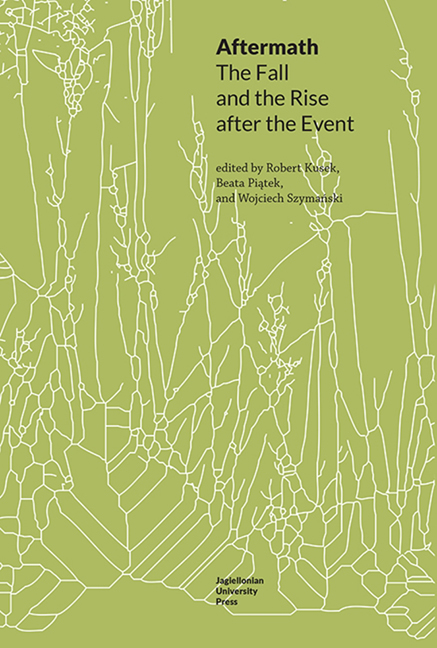Colonialism and Its Aftermath in The Lord of the Rings: Postcolonial Reflections on Tolkien's Imperial Fantasy
Published online by Cambridge University Press: 06 November 2021
Summary
I know nothing about British or American Imperialism in the far East that does not fill me with regret and disgust.
(Tolkien 1981: 115, letter 100)The campaigns that give direction and coherence to Tolkien's fantasy The Lord of the Rings register a much longer history of migration – much of it enforced – a great deal of which is laid out in detail in closely affiliated texts. This complex, conquest narrative converts to colonialism at important points; it also includes a signal instance of decolonisation, marking the final phase of Tolkien's fantastic history. Aragorn, clearly the most charismatic hero on the Ring quest, coming finally into his own as King Elessar, undertakes a royal itinerarium, bestowing lands and rights on those who committed themselves to the Western alliance against Sauron. Most interestingly, he proclaims that Ghan-buri-Ghan and his folk, the Drúedain, will no longer suffer the hostile designs of those who have dominated their territory: “The Forest of Druadan he gives to Ghan-buri-Ghan and to his folk, to be their own for ever; and hereafter let no man enter it without their leave” (Tolkien 1966: 254). In effect, Aragorn withdraws absolutely from this territory and, representatively, confirms earlier negotiations establishing borders that prohibit any order of imperial or colonial interest in this domain. Decolonisation, in effect, gets to have its day on Middle-earth.
The Drúedain (Woses or Wild Men) appear to have come late to Tolkien’s fantasy and, therefore, to the paratextual commentaries on his history of Middle-earth. They occupy a place in the larger narrative almost by accident; their sudden presence brings immediate profit to the alliance against Mordor, but, I argue, it also disturbs the overwhelming sense of a normative set of purposes on Middle-earth. The Drúedain assist in the conflict with Sauron, but do so without any significant commitment to the enlarged fellowship; rather, they are strictly motivated by typifying, justified hatred of the orcs. It is part of my business in this paper to return the Drúedain to history – ours – besides that in which Tolkien placed them, where in fact, life just goes on, it seems, on the edges of the headline narratives of this world. In this, they are indeed not unlike the hobbits – with whom they are sometimes compared – whose modern experience is mostly one of comfortable invisibility.
- Type
- Chapter
- Information
- AftermathThe Fall and the Rise after the Event, pp. 221 - 234Publisher: Jagiellonian University PressPrint publication year: 2022



